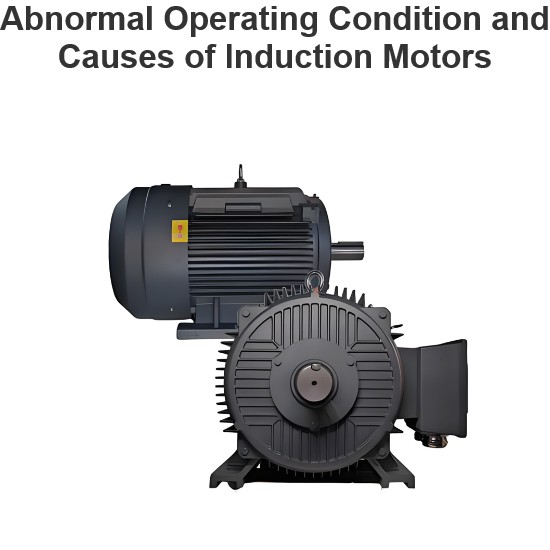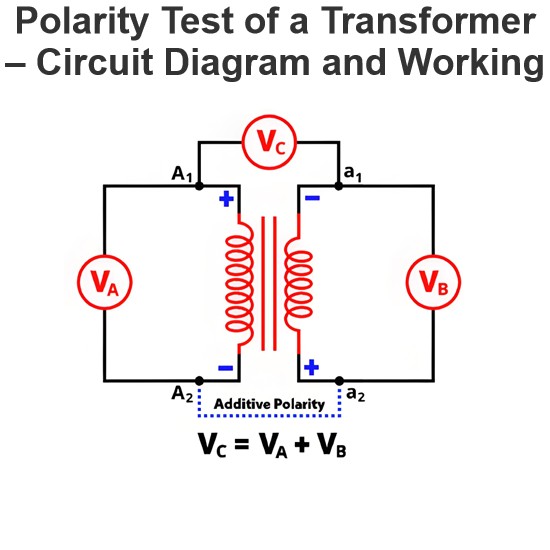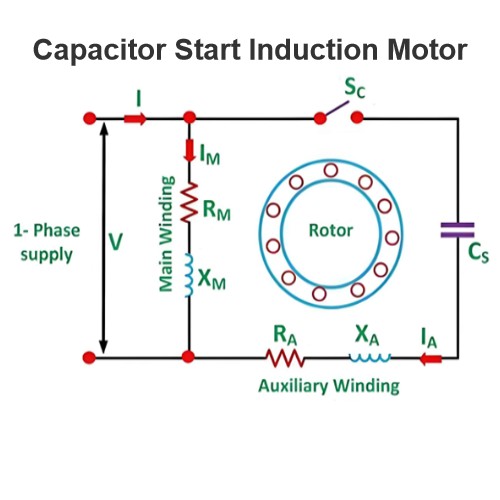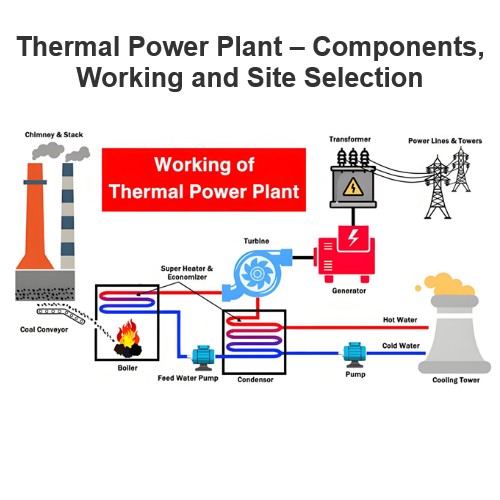Can you explain what DC excitation is and why it is primarily used in small generators?
DC excitation refers to an excitation method that uses direct current to generate a magnetic field in a generator.
I. Working principle of DC excitation
In a DC excitation system, there is usually a DC power source (such as a battery or rectifier), and the DC current is introduced into the excitation winding of the generator through devices such as slip rings and brushes. The DC current flowing through the excitation winding generates a constant magnetic field, and this magnetic field rotates together with the rotor of the generator. When the rotor of the generator is driven by a prime mover (such as a steam turbine or water turbine) to rotate, an alternating electromotive force will be induced in the stator winding.
For example, in a small DC excitation generator, the current provided by the DC power source enters the excitation winding through slip rings and brushes. The generated magnetic field causes an alternating voltage to be generated in the stator winding when the rotor rotates. This alternating voltage can be stepped up by a transformer and transmitted to the power grid or directly supplied to loads for use.
II. Reasons why DC excitation is mainly used in small generators
Simple and reliable
The DC excitation system is relatively simple and consists of a DC power source, slip rings, brushes, and excitation windings. Its simple structure makes the system highly reliable and less prone to failures. For small generators, a simple and reliable excitation system is easier to maintain and manage.
For example, in some small hydropower stations or wind power generation systems, small generators with DC excitation can operate stably in relatively harsh environments because the failure probability of their excitation systems is low.
Low cost
The power of small generators is usually small, and the required excitation current is also relatively small. Therefore, the DC power source and other equipment required by the DC excitation system can be selected in smaller specifications, thereby reducing costs.
In contrast, large generators usually use AC excitation or other more complex excitation methods. These systems require more powerful excitation equipment and have higher costs.
Easy to control
The excitation current of the DC excitation system can be controlled by adjusting the output voltage or current of the DC power source. This control method is relatively simple and can easily realize the adjustment of the output voltage and power of the generator.
For small generators, it is usually necessary to adjust the output voltage and power in time according to the change of load. The easy-to-control characteristic of the DC excitation system makes it more suitable for the application of small generators.
Strong adaptability
Small generators are usually used in some special occasions, such as independent power supply systems in remote areas and emergency power supplies. These occasions may have higher requirements for the starting performance and load change adaptability of generators. The DC excitation system can provide a large excitation current when the generator starts, enabling the generator to quickly establish voltage; at the same time, when the load changes, it can also quickly adjust the excitation current to maintain the stability of the generator output voltage.
For example, in some remote areas without grid connection, small generators with DC excitation can provide reliable power supply for local residents. Even when the load changes greatly, the voltage can be stabilized.
In conclusion, DC excitation is mainly used in small generators because it has the advantages of simplicity, reliability, low cost, easy control, and strong adaptability.
The Electricity Encyclopedia is dedicated to accelerating the dissemination and application of electricity knowledge and adding impetus to the development and innovation of the electricity industry.













